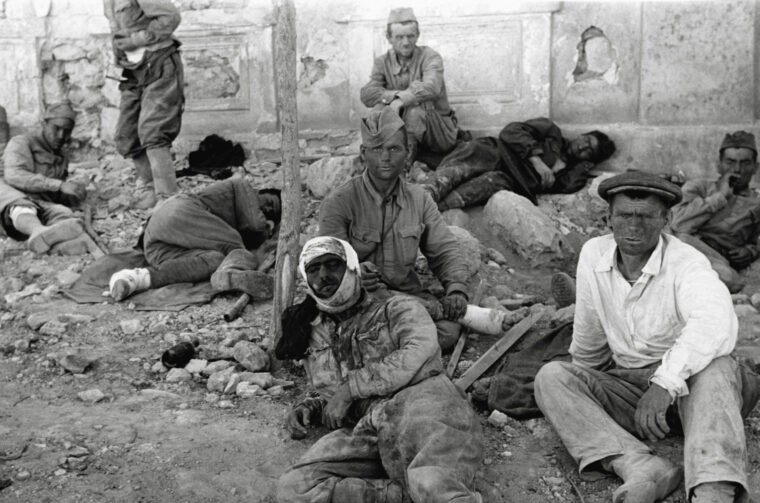
Erich von Manstein
Sturgeon Catch 1942: The Siege of Sevastopol
by Ludwig Heinrich DyckBy late October 1941, the armies of the Third Reich had swept deep into western Soviet Russia. Read more

Erich von Manstein
By late October 1941, the armies of the Third Reich had swept deep into western Soviet Russia. Read more
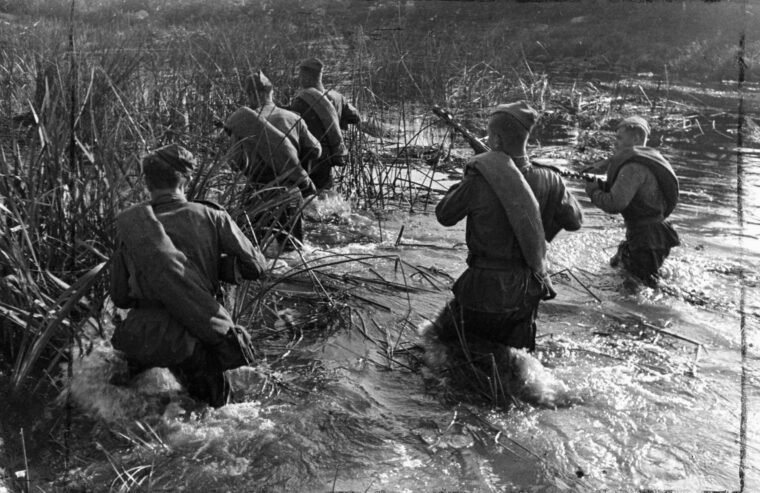
Erich von Manstein
The charred remains of men and machines scattered through the Kursk salient in July 1943 signified the death knell of the last attempt by the German Wehrmacht to regain the initiative on the Eastern Front. Read more
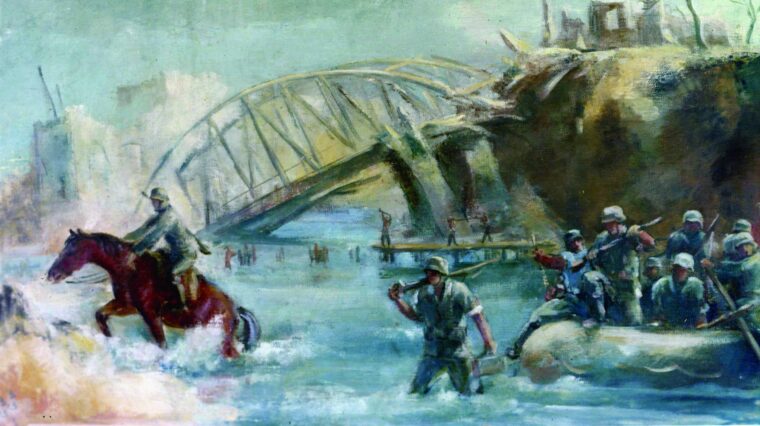
Erich von Manstein
As Adolf Hitler’s vaunted Sixth Army lay in its death throes in the ruins of Stalingrad, German forces to the west of the city faced their own kind of hell. Read more
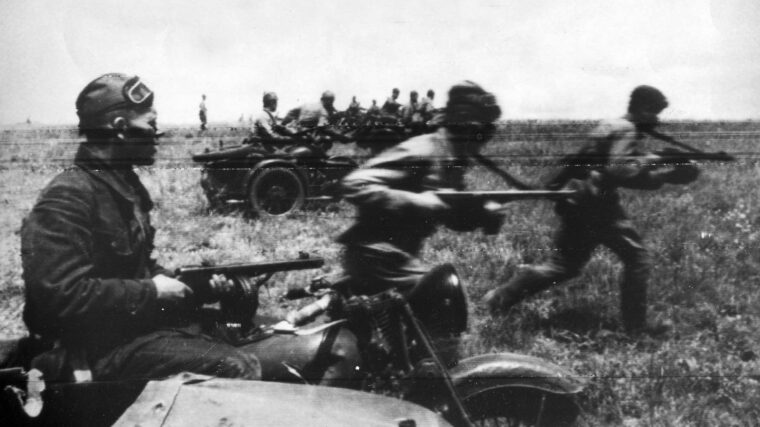
Erich von Manstein
The men of Field Marshal Wilhelm Ritter von Leeb’s Heeresgruppe Nord (Army Group North) had little sleep during the night of June 21, 1941. Read more
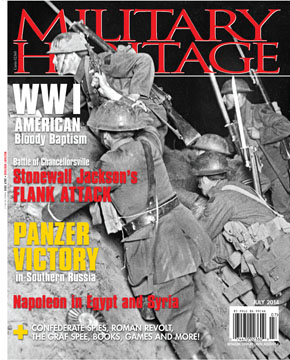
Erich von Manstein
As the fateful day drew to a close, the exhausted World War I soldiers of the German 25th and 82nd Reserve Divisions huddled in their trenches. Read more
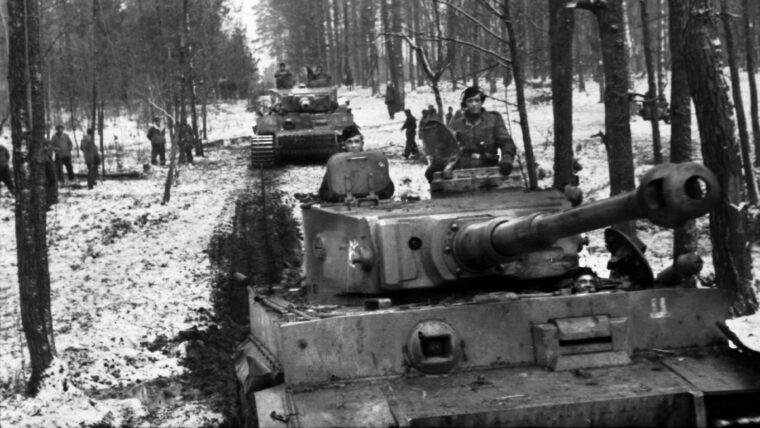
Erich von Manstein
The waning months of 1943 were a bleak time for the German forces in southern Russia. Since the massive battle at Kursk in July, the Red Army had pushed the armies of Field Marshal Erich von Manstein’s Army Group South hundreds of kilometers to the west. Read more
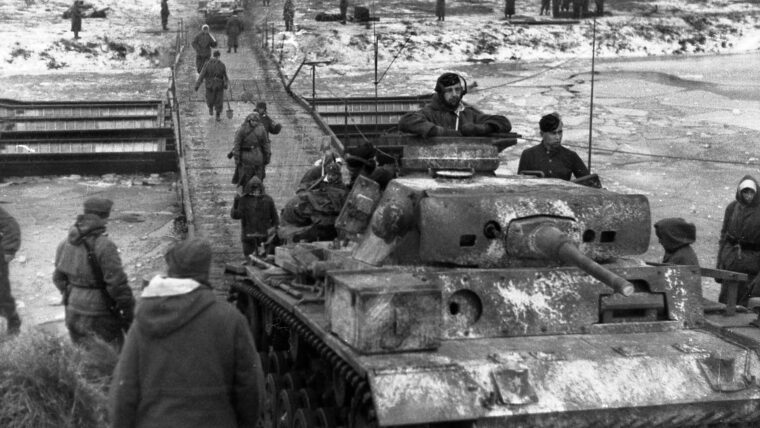
Erich von Manstein
It was November 24, 1942. Speeding across the snow-covered landscape of eastern Ukraine, the personal command train of German Field Marshal Erich von Manstein was on its way to the southern Russian city of Novocherkassk, where he would take up his new assignment as commander of Army Group Don. Read more
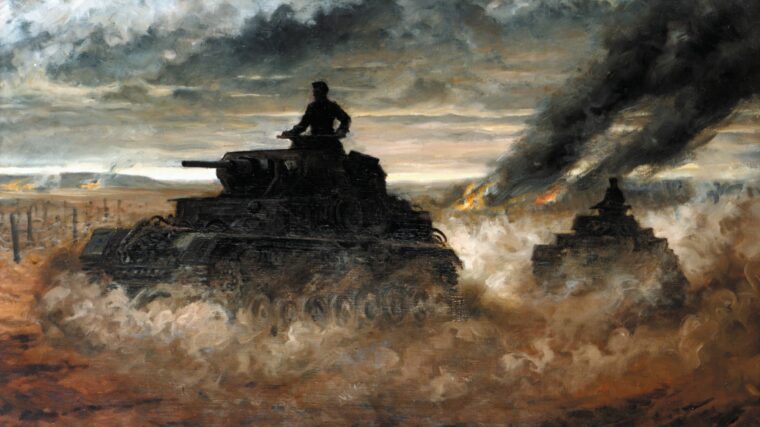
Erich von Manstein
While many in the English-speaking world have heard of Erwin Rommel and Heinz Guderian, few today know the name of Otto von Knobelsdorff, a German panzer general who commanded troops in battles every bit as pivotal as his contemporaries did, in quantity and quality, and who also fought against General George S. Read more
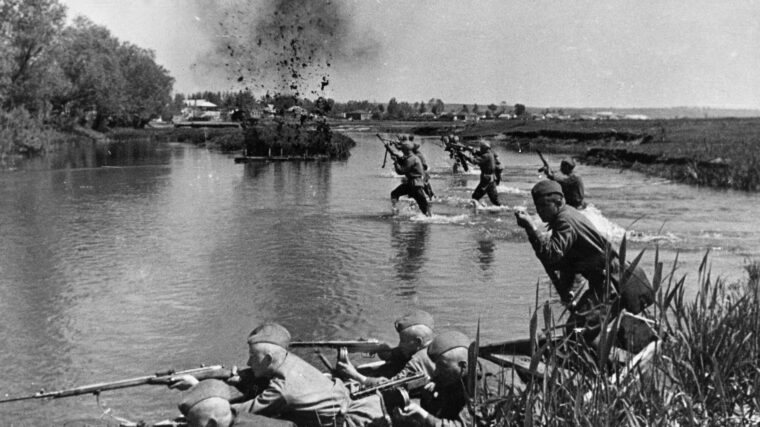
Erich von Manstein
It was less than a month since the great blood letting in the Orel salient in July 1943 had taken place, and just some months to go before the infamous Second Battle of Kiev. Read more
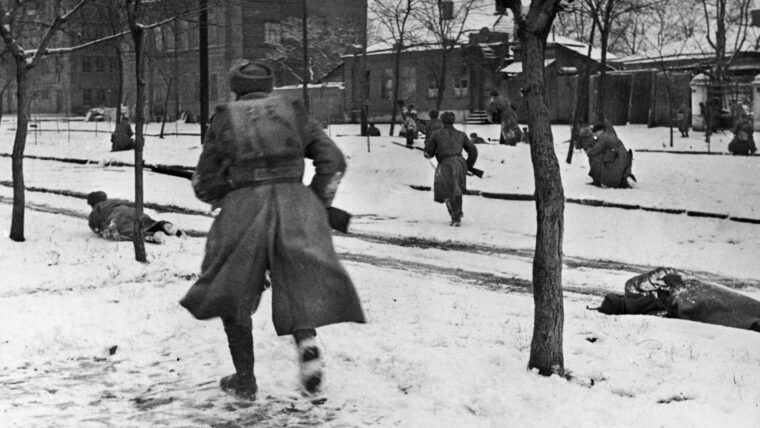
Erich von Manstein
Rostov was the key to the Caucasus and the rich Soviet oil fields that lay along the Black and Caspian Seas. Read more
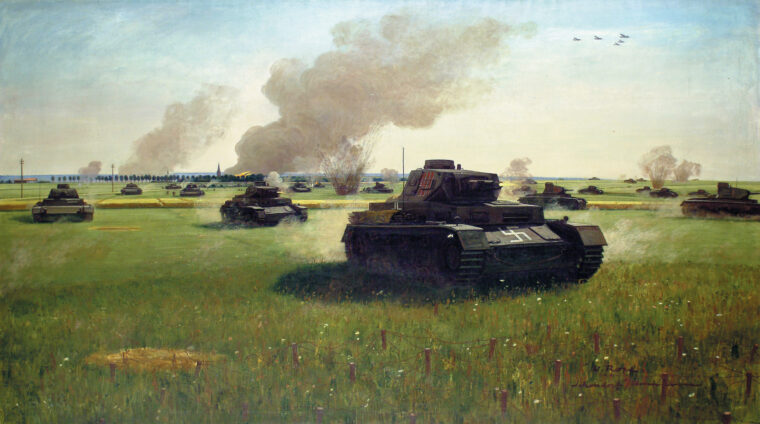
Erich von Manstein
May 10, 1940, marked the beginning of the war in western Europe. Nazi-controlled Germany invaded Holland, Belgium, Luxembourg, and France. Read more
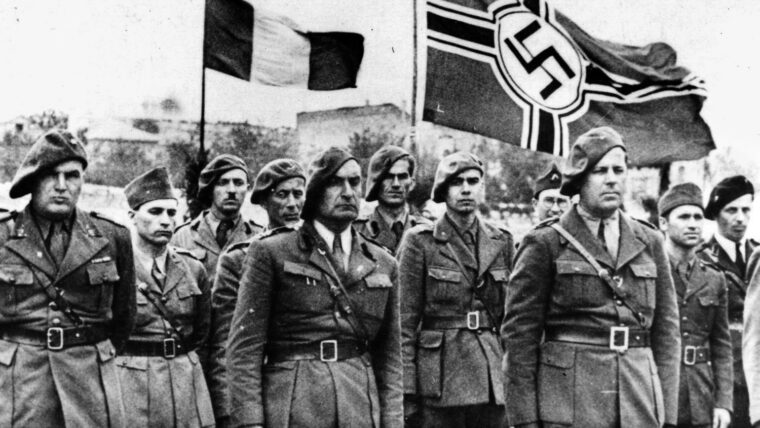
Erich von Manstein
World War II involved some of the most complex alliance systems in the history of warfare. Read more
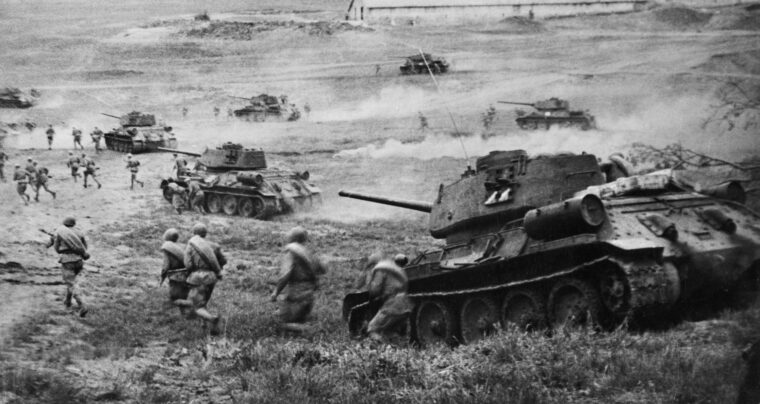
Erich von Manstein
The city of Ternopil, located on the eastern bank of the Seret River, was founded in 1540 as a Polish military stronghold. Read more
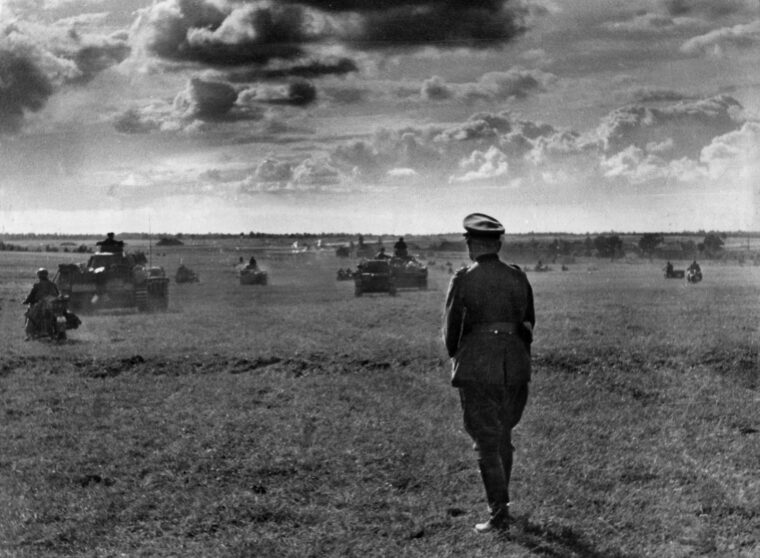
Erich von Manstein
Hitler was enraged as he stalked his way around the room during the waning months of World War II. Read more
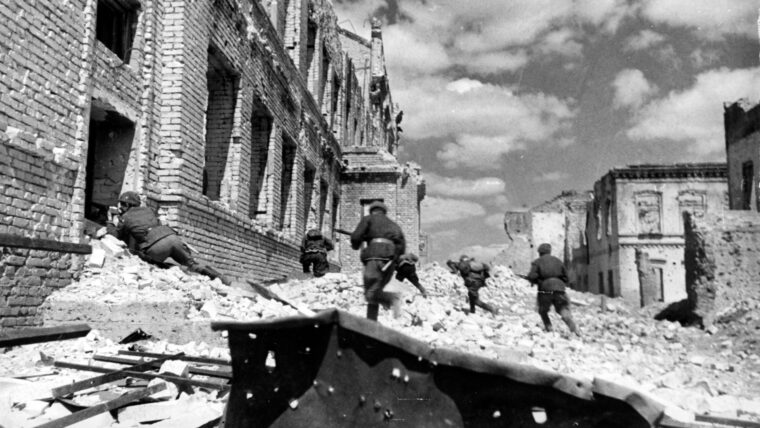
Erich von Manstein
After Adolf Hitler’s audacious invasion of Russia finally ground to a halt in December 1941 on the forested outskirts of Moscow, the exhausted German Army stabilized its winter front in a line running roughly from Leningrad in the north to Rostov in the south. Read more
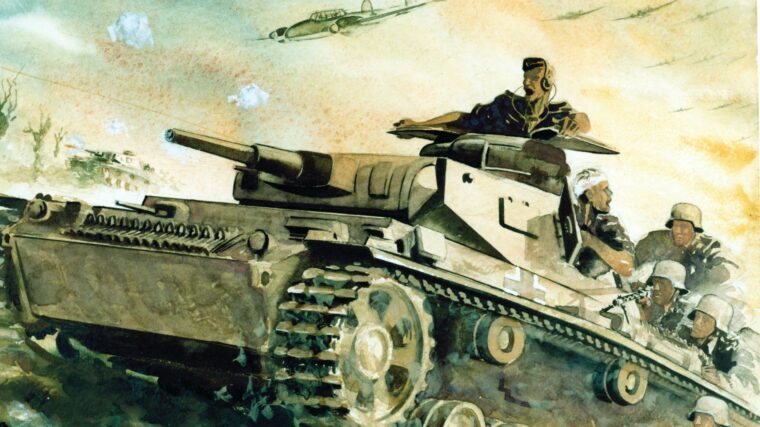
Erich von Manstein
Adolf Hitler was obsessed with Leningrad. When planning his invasion of the Soviet Union, the Führer demanded that the capture of the city, which he regarded as the cradle of Bolshevism, be one of the top priorities of the campaign, giving it precedence over the capture of Moscow. Read more
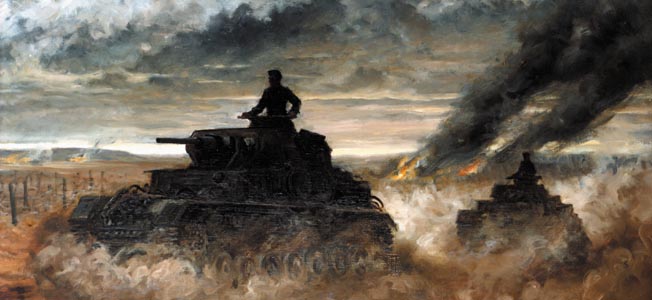
Erich von Manstein
With the German Sixth Army destroyed at Stalingrad, the Soviet juggernaut lunged west and southwest across the River Donets. Read more
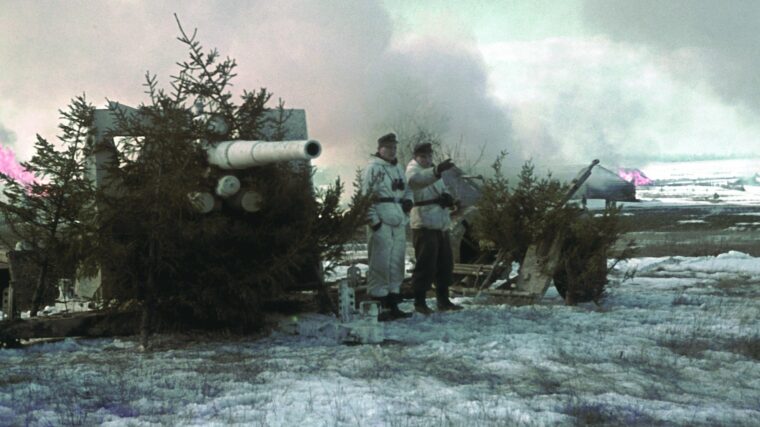
Erich von Manstein
At first, it was all about the ore. Magnesium, iron, and manganese ore were the lifeblood of German industry, especially the armaments industry, which used the iron and manganese to produce steel for Hitler’s war machine. Read more
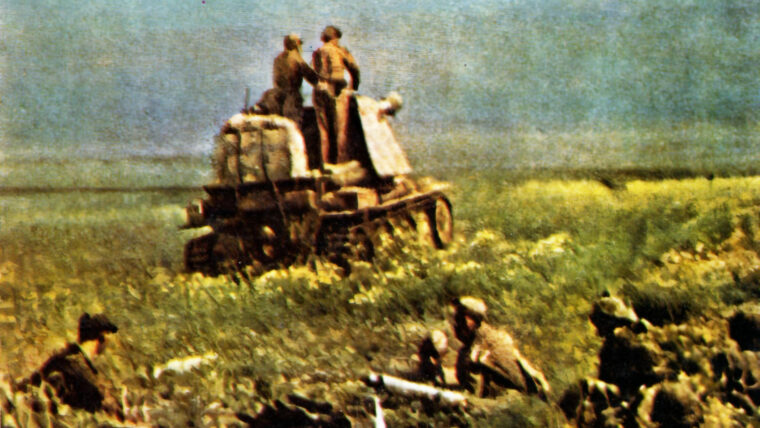
Erich von Manstein
On the second day of Adolf Hitler’s bold invasion of Russia in June 1941, the Germans were confronted with one of their most glaring shortcomings in weapons and armament. Read more
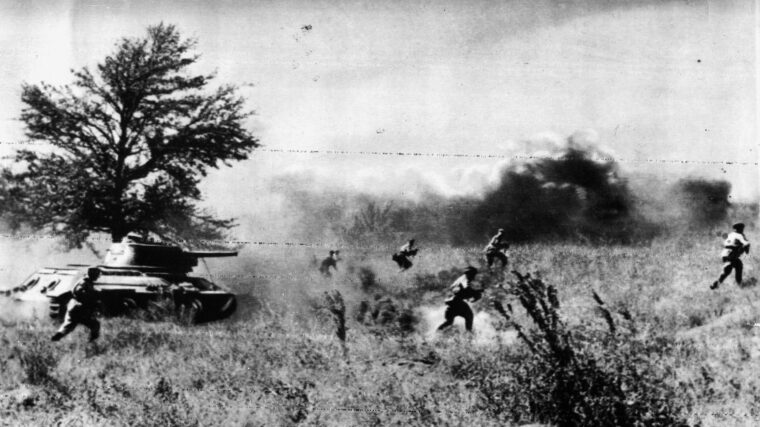
Erich von Manstein
In August 1943, immediately after the Battle of Kursk, the Red Army launched a series of follow up operations, resulting in the liberation of a large swath of Nazi-occupied Soviet territory. Read more